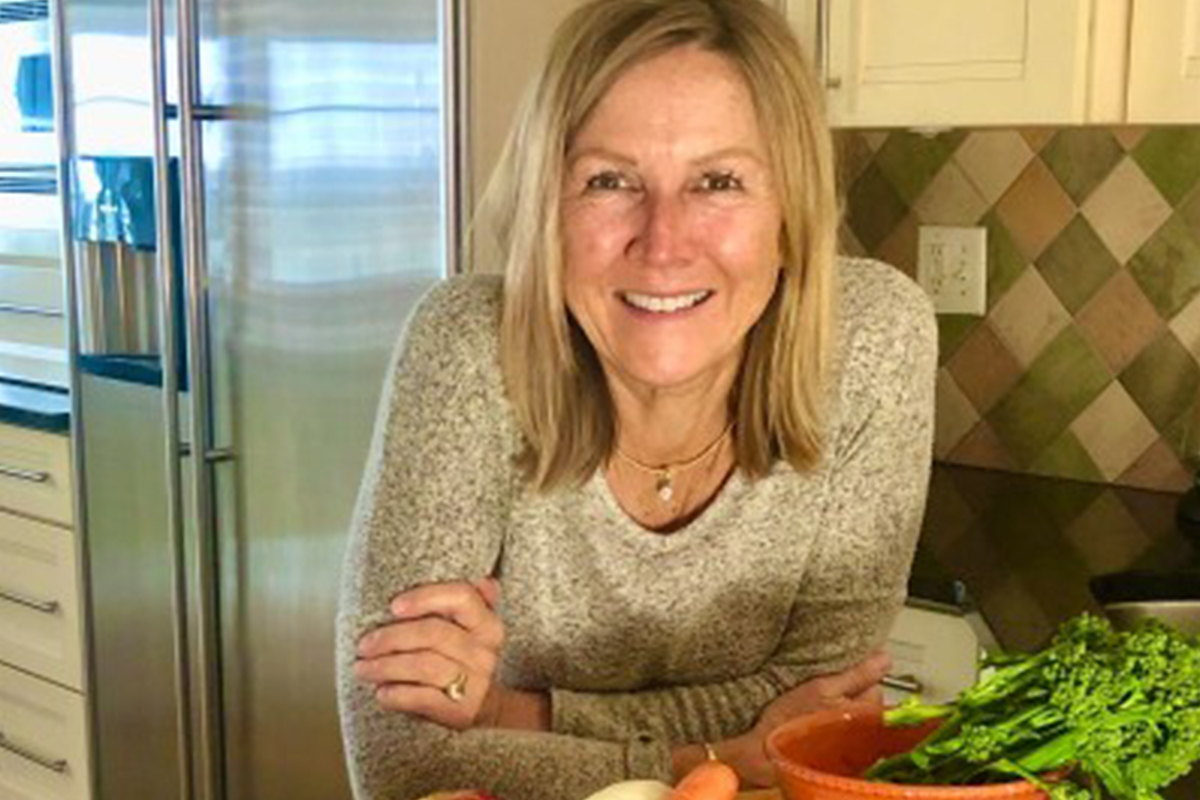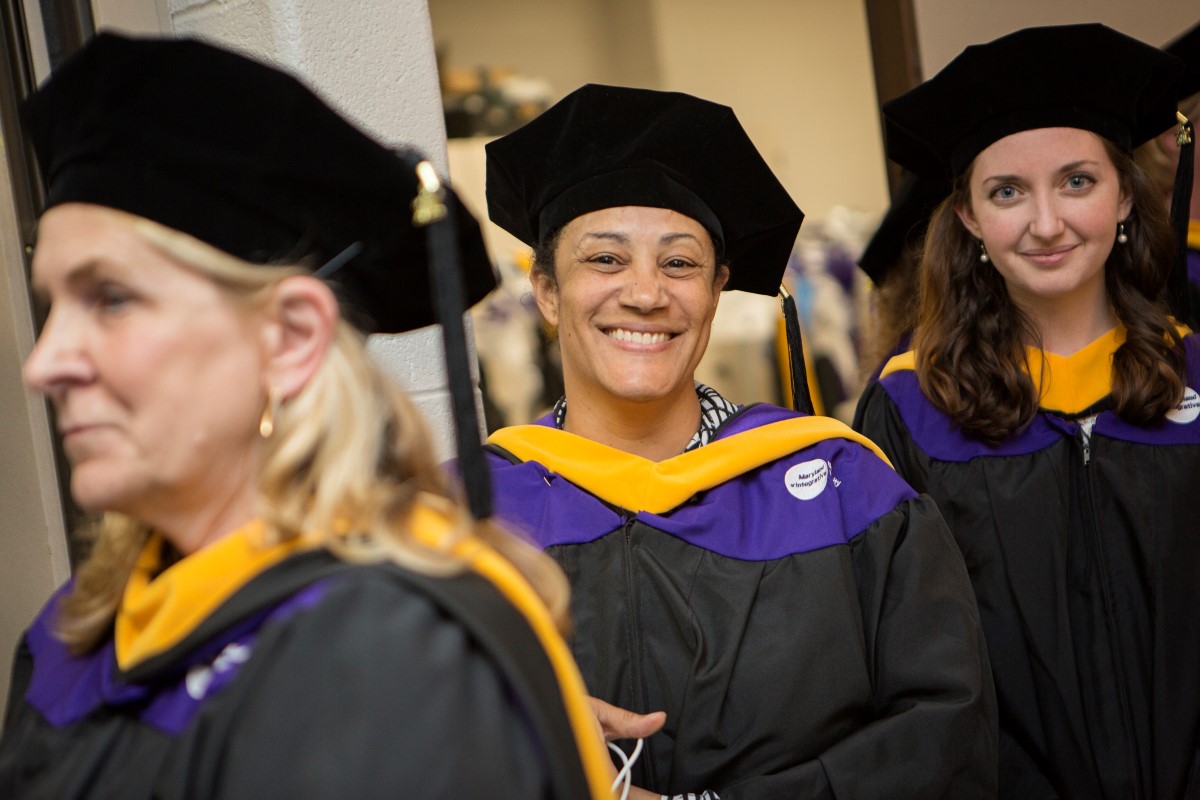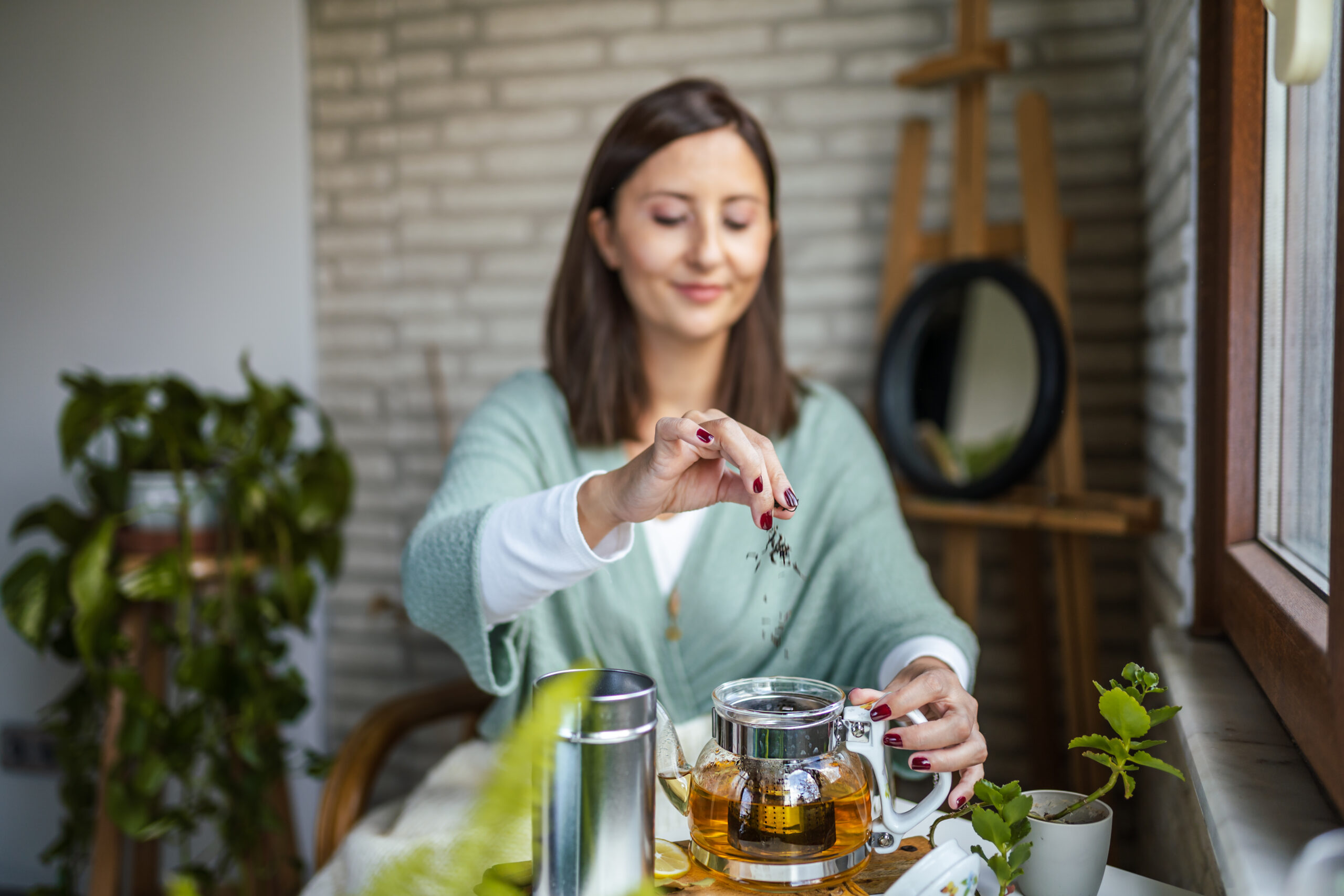
Life’s journey often takes unexpected turns, and during uncertain times, finding a path illuminated with practical strategies and healing positivity becomes vital. In this guide, we’ll explore practical strategies and delve into the healing touch of positivity, caring for others, the art of letting go, reading, and diverse meditation practices.
Embrace Gratitude: In the heart of uncertainty, gratitude becomes a healing ritual. Take a moment to appreciate the simple joys and blessings around you each day. By grounding yourself in gratitude, you invite healing energies that soothe the spirit and remind you of the beauty and good things of life.
Mindfulness and Meditation: Mindfulness and meditation offer a sanctuary for the soul during uncertain times. Embrace these practices as acts of self-love and self-care. Allow the gentle rhythm of your breath to wash away worries, bringing healing to the mind and balance to your being.
Yoga as a Gateway to Meditation:
Yoga is a meditation practice that amplifies relaxation effects. Consider incorporating the following elements:
- Yogic Movement: Sign up for a yoga class or practice. Flow through a series of yoga poses to release physical tension, allowing the body to settle into a state of ease and readiness for meditation.
- Asanas (Yoga Poses): Engage in stretches and asanas to release residual tension and create a comfortable space for meditation.
- Breath-Centered Movement: Coordinate movement with breath to cultivate a sense of flow and presence. This synchronicity prepares the mind for the stillness of meditation, making the transition smoother and more profound.
By incorporating yoga into your meditation routine, you not only prepare the body for stillness but also amplify the benefits of relaxation and mental clarity, creating a holistic approach to your healing journey.
Nourish Connections: Our connections with others are threads that weave the fabric of our lives. Reach out to loved ones and share your vulnerabilities. In doing so, you lighten your burdens and contribute to a collective healing energy that strengthens the bonds of unity and love.
Mindful Consumption of News: Amidst the noise of uncertainty, curate a mindful approach to news consumption. Choose sources that uplift and inform rather than overwhelm. By managing your exposure, you safeguard your inner peace and allow healing energies to flow through a mind unburdened by constant negative input.
Set Compassionate Goals: In the healing light of positivity, set goals infused with compassion. Break down tasks into manageable steps and celebrate every small victory. By nurturing a compassionate approach to your journey, you invest healing into the process, making each step a testament to your strength.
Immerse in Soulful Hobbies: Engage in activities that resonate with the depths of your soul. Whether it’s the strokes of a paintbrush, the melody of a musical instrument, or the grounding embrace of nature, these soulful hobbies become vessels of healing, allowing you to reconnect with joy and creative vitality.
- Mindful Reading: Immerse yourself in books that inspire positivity and growth. Allow the words to transport you to a world of wisdom and comfort, providing an escape and a source of healing.
Learn as an Act of Self-Discovery and Healing: See uncertain times as opportunities for self-discovery and growth. Embrace the healing power of learning new skills or exploring uncharted territories. Each lesson becomes a stepping stone on your path to healing, unveiling the depths of your resilience and potential.
Positive Affirmations: Craft positive affirmations as seeds of healing wisdom that you plant in the fertile soil of your consciousness. Let these affirmations bloom into a garden of self-love and empowerment, nurturing a healing mindset that guides you through the uncertainties with grace.
Present-Moment Healing: In the healing sanctuary of the present moment, release the worries of an uncertain future. Allow mindfulness to anchor you in the now, where and allow healing energies flow freely. By focusing on the beauty of today, you create a space for gratitude, joy, and the gentle art of healing.
Acts of Kindness: Extend a healing touch to the world through acts of kindness. Volunteer, lend a helping hand, or share a kind word. By contributing to the well-being of others, you not only sow seeds of healing in their lives but also reap the abundant harvest of joy and purpose.
Daily Routines: Establish daily routines as sacred rituals of healing stability. In the rhythmic dance of your day, find solace and comfort. These rituals become anchors in the sea of uncertainty, providing a healing embrace that restores balance and order in your life.
Seek Professional Support: In the depths of uncertainty, seeking professional support is a courageous act of self-love. Therapists and counselors become guides on your healing journey, offering insights, coping strategies, and a compassionate presence that lights the way through the shadows.
The Art of Letting Go: Learning to let go is a profound act of healing. Release the burdens that weigh heavy on your heart. Letting go does not mean giving up; it means allowing healing energies to flow freely. Embrace the liberation of surrendering to life’s natural ebb and flow.
The healing journey is not just about reaching a destination but learning to dance with the rhythm of life, finding joy in the unfolding moments, and discovering the beauty within the process. May your path be illuminated by the healing light of positivity, guiding you to a place of peace, profound well-being, and enduring joy for the journey ahead.











